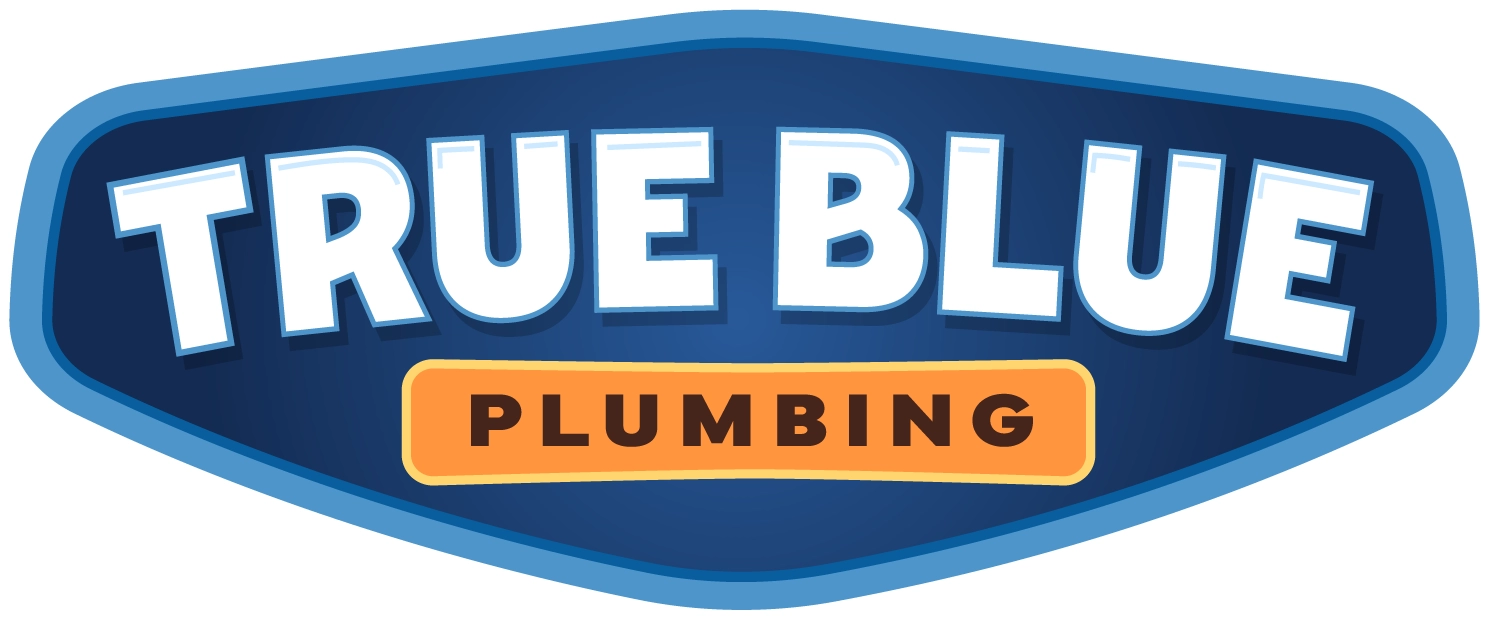There are many plumbing issues in almost every home, and sink draining slowly is common. Though it could start as a mild irritation, it becomes more cumbersome. One of the most irritating problems is the water around the sink drain area. Regardless of what you do or what DIY solution you try, the water will never drain properly. t A slow-draining sink is a heads-up; something is wrong with the plumbing system.
True Blue Plumbing, Snellville, GA’s services offer solutions for homeowners’ with the above frustrations.
Reasons for Your Sink Draining Slowly
Before busting your plumbing system, knowing why your sink takes a long time to drain is crucial. Some people may think the sluggish drain is due to a dirty drain and may not consider any other factors. In contrast, numerous other factors could be causing this slow drainage, from as superficial as blockages to as deep as problems in the house’s plumbing systems.
-
Blocked Outlets
A blocked outlet is one of the most frequently cited causes of a slow-draining sink. Over time, food scraps, fat, hair, soap, and scum start to accumulate on the inner insides of the pipe, and this restricts the water flow. Such substances are found in most kitchens in cooking oils and some fats, while in the sinks, hair, and soap make the bulk of the blockages.
As more debris gets stuck, the problem is exacerbated. Some clogs can be attended to with home appliances that unblock the sinks or use certain chemicals. For more severe clogs, however, professional cleaning may be necessary.
-
Blocked Pipes
A more severe issue that can cause a slow-draining sink is a deeper blockage within the pipes or the main sewer line. This occurs slowly, especially in homes with old plumbing systems, or foreign substances like toys or other items accidentally go down the drain. Tree roots may sometimes break through underground pipes and obstruct the plumbing system entirely. If you have noticed slow drains in many areas of your house, there may be a blockage down the line, and a licensed plumber will have to take care of it. In some homes with hard water, minerals can build up inside the pipes because hard water has high levels of calcium, magnesium, and other minerals that will, over time, build up on the walls of plumbing parts. If and when mineral deposits accumulate, they would restrict the water passageway, thus making an individual’s sink take time before completely draining. Debris-induced clogs are the easiest to deal with because if they get removed, normal flow is restored. On the contrary, mineral buildup is more challenging to repair as many plumbing problems would leave mineral buildup unclogged and will resort to cleaning the pipe or parts replacement.
-
Vent Pipe Dilemma
Most homeowners do not realize that their plumbing system has venting pipes. These pipes run from the plumbing system up through the roofing system and balance the air pressure in the drain so that water flows freely. If a vent pipe is clogged or blocked (mostly with debris, leaves, and even bird nests), water drainage is affected as work is done to maintain a balance in air pressure.
If you hear sounds that resemble gurgling every time the water is draining or if there is slow drainage on numerous fixtures, a blocked vent pipe could be the issue. Accessing the vent system, usually located on top of the house, is the main reason why fixing the blocked vent requires professional help.
-
Worn Out, Damaged & Old Pipes
Pipes can be damaged and/or corroded over time, resulting in slow drainage. For example, rough surfaces created by corrosion inside pipes can trap debris, restricting water flow. In other circumstances, old pipes tend to break or fall apart, resulting in significant blockages and leaks.
If your plumbing is old, it could be why you have slow drainage. It is important to stress that severe pipe damage always calls for professional repair or replacement.
Why You Should Call a Plumber for a Slow-Draining Sink
You might unclog minimal areas, but a plumber should be sought in most cases. A slow-draining sink can also indicate a bigger problem that needs attention; otherwise, it can escalate to severe issues.
If a plunger or drain cleaner does not yield the desired results and the sink continues to drain slowly, the blockage may be too far down into more severe levels than do-it-yourself techniques will resolve. In most cases, however, a blocked drain would need the intervention of a professional with the right tools. Without such devices, it is counterproductive to unclog and address the drainage issue, as this could lead to further damage or trouble to the pipes.
If More Than One Drain Is Slow
If several sinks, showers, or bathtubs take more time to drain, this is probably a sign of a more severe problem such as a blocked sewer pipe or even a faulty vent pipe. You cannot fix these problems yourself, but rather something a plumber should examine and remedy. Sewage backups resulting from a blocked sewer line that has not been resolved, for instance, pose health risks and destruction to the property because of the risk of exposure to sewage.
Ongoing Problems Concerning Drainage
Recurring problems like a clogged sink are frustrating. However, if this happens repeatedly, even after the blockage is removed, there’s still a problem that should be checked and rectified professionally. Blocked carpets Internal issues such as broken pipes, dirt build-up, and even vent pipe obstructions cannot be resolved with quick fixes. A qualified plumber would be able to determine the initial cause of the problem and eliminate it forever.
Chances Of Pipes Becoming Damaged
In other cases, a slow-draining sink could signify a problem with the plumbing system, such as cracked or corroded pipes. Pipes in lousy condition during operation restrict water passage and induce leaks, water damage, and structural damage to the house. A plumber will carefully examine your pipes and determine whether repairs or replacements are necessary.
Correct Analysis Of The Problem
For the best solutions, plumbers must understand basic and complex systems to determine the cause of slow sink draining. Whether the problem is a deep obstruction, improper use of a toilet vent pipe, or burst pipes, a plumber will always trace the problem’s source and deal with it. They also have access to industry-standard equipment that helps clarify the issue.
Better solutions for eternity
A licensed plumber cannot only fix the problems but also offer a solution that incorporates proper drainage system functioning and prevents such problems from occurring in the future.
Save Money and Time.
Even if it seems cost-effective to fix yourself rather than call for professional help, an easy solution to complex problems may lead to even more complicated repairs. An experienced plumber can address the problem quickly, minimizing the time you spend on it and the chances of recurrence.
To Wrap Up
A sink that drains slowly may be a minor problem—many people try to clear themselves. However, this can worsen and needs attention from a qualified person who understands the etiquette and importance of plumbing. Do not allow a slow drain to become a major expense—call us to arrange an appointment for an examination and have your sink functioning properly once again.




